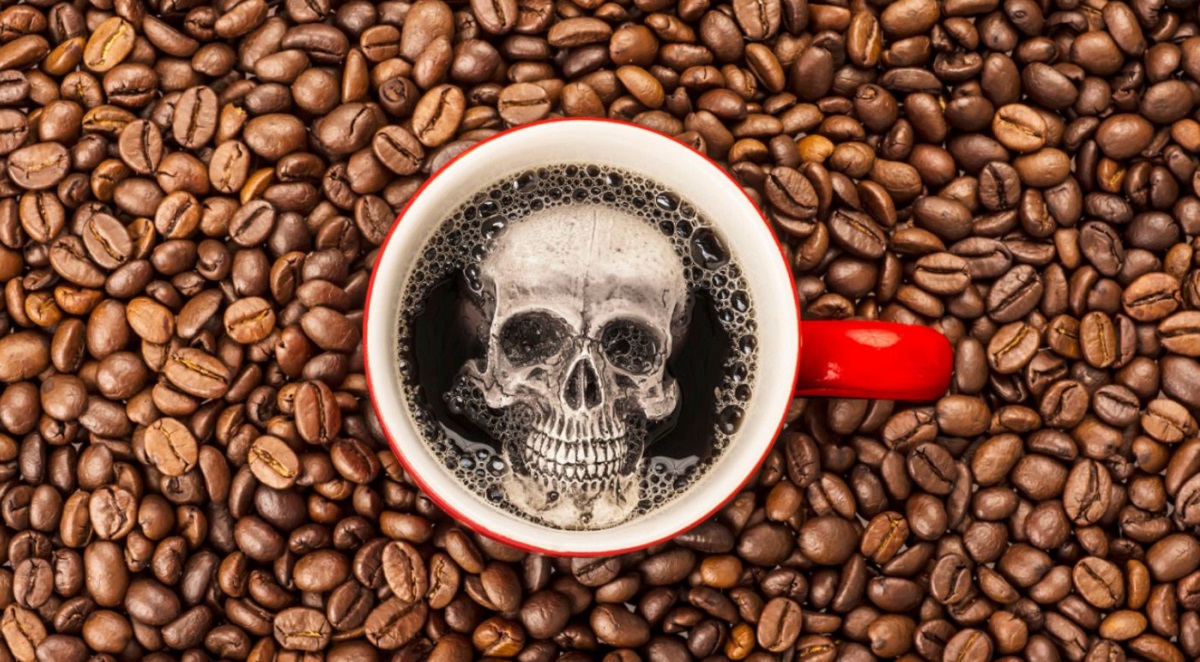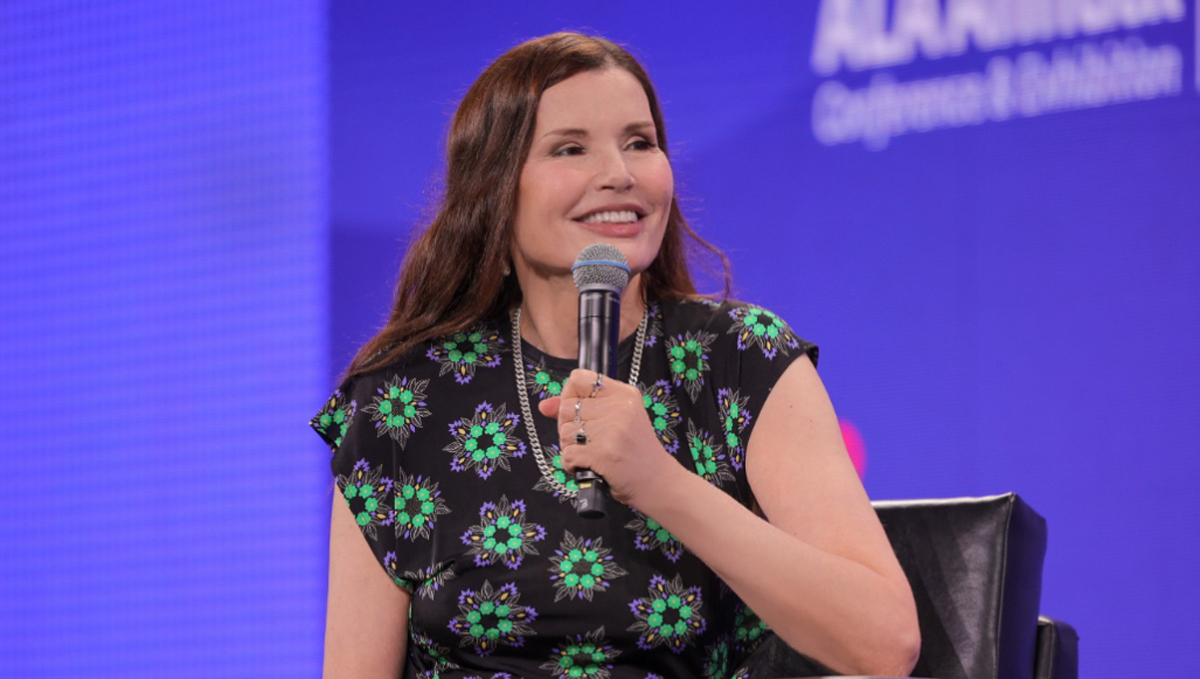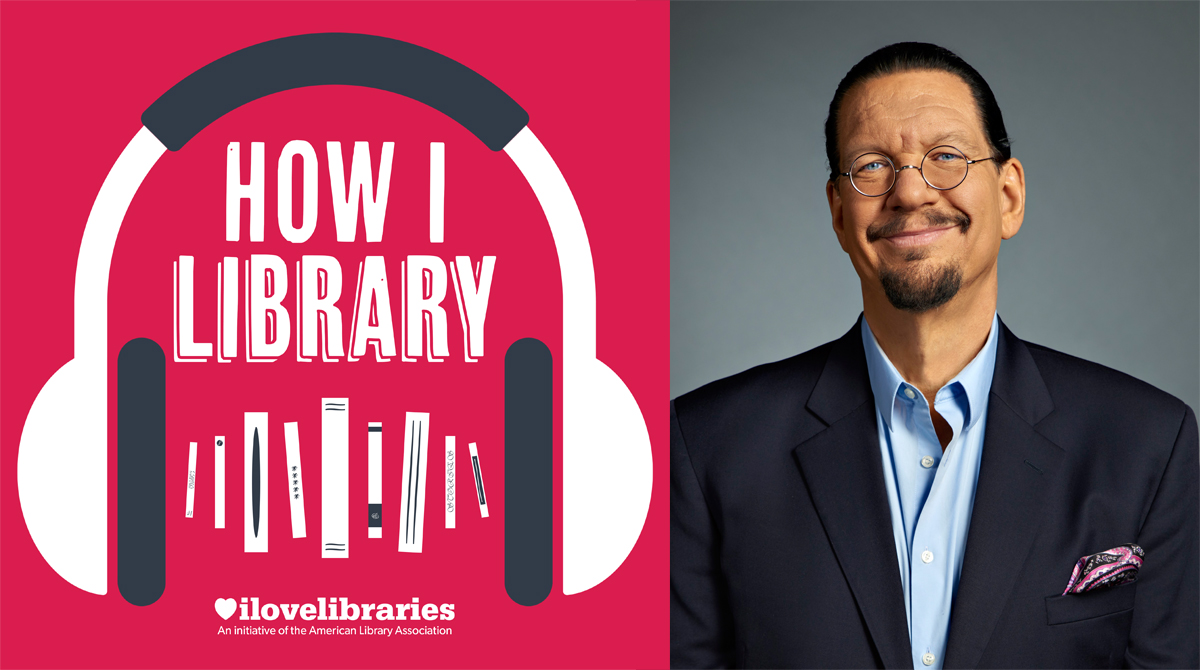Death is unescapable. We all face it at some point in our lives, whether it be the passing of a loved one, friend, colleague, or pet or as we confront our own death. But despite its inevitability, death can be a difficult subject to accept for many people—much less discuss. Death Cafes can help ease that.
A Death Café is a place where people gather to eat, drink, and discuss death. The objective is to increase awareness of death with a view to helping people make the most of their lives. There is no agenda, objective, or theme, and the cafes are not grief support or counselling sessions, they are simply discussion groups.
In the almost 15 years since the first Death Café was held in the UK, they have sprouted all over the world. And libraries are often the gathering spots.
“The library serves as the perfect third space for a group like this to meet,” writes Hannah Arata for the American Library Association’s Programming Librarian. “It is a free, neutral location (unlike if a Death Café were held in a funeral home or a house of worship) that is accessible to all members of the community. People already feel comfortable walking into the library, so there isn’t an added pressure on what might already be a bit of an anxiety-inducing program to attend.”
The Death Café model was developed in the UK by Jon Underwood and Sue Barsky Reid, based on the ideas of Swiss sociologist and ethnologist Bernard Crettaz. Anyone can hold a Death Café and each one is different depending on the needs of participants. However, the gatherings must follow specific guidelines to use the Death Café moniker: They must be operated as non-profits, held an accessible, respectful and confidential space with no intention of leading people to any conclusion, product or course of action, and serve refreshing drinks and nourishing food—and cake.
Arata spent time at the Death Café held at Evanston (Ill.) Public Library (EPL) to learn about the practice and its impact. The facilitator uses Coffin Cards, a set of 115 coffin-shaped question cards that explore mortality, to help ignite conversations. Questions touched on dreams about death, experiencing a miracle, the worst ways to die, rude things to do at funerals, and family rituals and rites. Time was given for anyone to answer and ponder whatever card spoke most to them, and discussions sprang from there.
“One of the main themes that emerged was legacy,” says Arata. “Participants pondered whether it was important to leave behind a legacy, and if so, what that legacy looks like. We discussed the types of items we might pass down to loved ones, such as private journals or personal keepsakes, and how long we might be remembered for after we’re gone. It was fascinating to hear the wide range of perspectives. Some participants had clearly spent a lot of time thinking about their legacy, while others, myself included, engaged with the idea more deeply for the first time.”
Lizzy Miles, who organizes a Death Café in Columbus, Ohio, told American Libraries in 2015 that hundreds of death cafés have been held across the country and have popped up in libraries in Alaska, California, Colorado, Florida, Kansas, Michigan, New Hampshire, and Vermont.
“I think a library is a perfect place to hold a death café because libraries bring people together,” Miles says.
Become a Supporter
Subscribe to the I Love Libraries newsletter! You’ll get news from the library world, advocacy updates, author interviews, book lists, and more delivered to your inbox every month.




